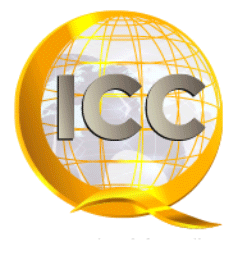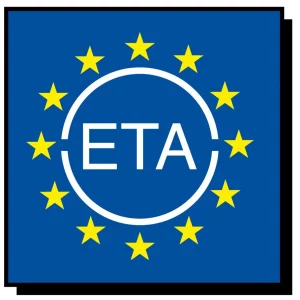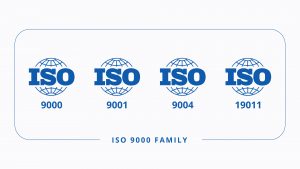 Meeting with Albanian Muslim Community KMSH
Meeting with Albanian Muslim Community KMSH
The Islamic religion, with its 1.5 billion believers in more than 50 countries, represents a very huge “reservoir” of new potential consumers; nevertheless, before approaching the Muslim world, it is necessary that any product or service respects the Muslim precepts.
The consumers of the Halal (namely, “licit”) certified products/services keep soaring. In Europe, there are about 25 million consumers, in France about 6 million, in Germany more than 4 million and in Italy over 2 million.
The food sector of the Halal certified products is worth 600 billion dollars per year thanks to those consumers, even if the economic weight of the European companies in this sector is still marginal.
The Halal market includes not simply the food products, but also the touristic, cosmetic, pharmaceutical, logistical and transport sectors.
Certification of products in compliance with the precepts of Islamic Law
Halal certification applies to the food, cosmetic and pharmaceutical sectors and attests that a product is manufactured in full compliance with the precepts of Islamic Law, that it does not include any “forbidden” components, and has in no way been in contact with any substances or objects considered “impure”.
This certification serves to:
- guarantee Islamic consumers that their religious precepts have been respected
- ensure a high level of hygiene and safety of the product
- respond to the growing demand for Halal products on the Italian and international markets.
Halal certification applies to the food, cosmetic and pharmaceutical sectors and attests that a product is manufactured in full compliance with the precepts of Islamic Law, that it does not include any “forbidden” components, and has in no way been in contact with any substances or objects considered “impure”.
This certification serves to:
- guarantee Islamic consumers that their religious precepts have been respected
- ensure a high level of hygiene and safety of the product
- respond to the growing demand for Halal products on the international markets.
Service Details
The Halal certification requirements are:
- application of the principles of good hygiene practices
- adoption of an appropriate risk assessment and risk management system, aimed at hygiene and health safety, and compliance with the rules of Islamic law.
The Halal Logo helps distinguish the products conforming to the Islamic religion dictates in an instant – a simple and safe way to attract the attention and benefit consumers in different target markets.
Certification Procedure
The certification procedure consists of:
- optional pre-audit
- certification audit
- annual reviews
- re-certification every 2 years.
The control and audit activities are carried out by audit teams made up of experienced experts in the certification of the specific sector and experts in Islamic law.
Why ICC ?
ICC and The Halal International Shariah Board have joined their respective skills to develop the Halal Certification Programme to provide a service comprising reliable and efficient evaluation methods and techniques that respond to the requirements of Islam.
The International Council of Certification co-operates with national and international Governmental and non-Governmental Authorities, Islamic organisations, trade unions, consumers’ associations and all other stakeholders.
- Majelis Ulama Indonesia (MUI), the national Halal certification agency from Indonesia;
- Jabatan Kemajuan Islam Malaysia (JAKIM), the national Halal certification agency from Malaysia;
- Majlis Ugama Islam Singapura (MUIS), the national Halal certification agency from Singapore
- Muslim Judicial Council Halal Trust(MJCHT), the Muslim Judicial Council Halal Trust from South Africa
Q&A
What are the foods forbidden by Islamic law?
- pork meat
- carnivorous animals, birds of prey, reptiles, amphibians and insects
- meat and derivatives of animals which are normally admissible but were improperly slaughtered
- blood and carcass
- alcohol and intoxicants.
What is the origin of the term ‘Halal’?
The Arabic term Halal means “appropriate”, “permitted”, thus understood as something permitted by the Islamic law and doctrine.




